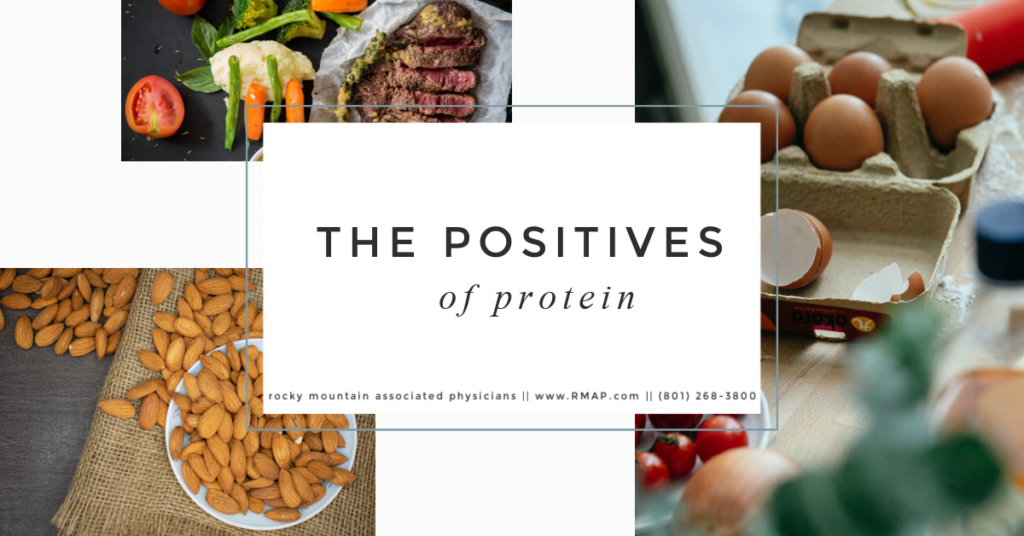
Learn more about weight loss surgery at Rocky Mountain Associated Physicians www.RMAP.com (801) 268-3800
Protein is important to not just weight loss surgery patients, but to all individuals. It gives us energy and is essential for the development of new cells. Consuming enough protein helps with the prevention of muscle loss and may even help prevent hair loss. Protein found in meats provides iron which is necessary for red blood cell production and the prevention of anemia.
Muscles are made of protein. When you don’t eat enough you break down muscle to use stored protein instead of using stored fat. You need enough protein to help fight infections, recover from illnesses and to slow muscle loss. Because organs are made of protein, protein intake affects the health of your organs as well.
You want to replenish your body with protein daily. The limited capacity of your pouch/sleeve makes it difficult to eat enough high protein food at any one time. This is why it’s critical to eat protein-based foods at each meal. We strongly advise that you eat all of the protein items in your meal first, and then proceed to the veggies.
Sometimes meats have a tendency to not “sit well” with some weight loss surgery patients. Chewing protein dense foods until they are smooth in your mouth may help with any stomach discomfort.
So, what are good sources of protein? A food must contain at least 30% protein to be considered a “source of protein.” Look to see if the food is high in fat. Is it a good source of other nutrients such as iron or calcium?
Powerful Protein Choices
Soy nuts
Sunflower seeds
Tofu
Cottage cheese
Turkey
Chicken
Egg whites
Legumes
Skim milk
Kidney beans
Lamb
Beef jerky
String cheese
Mozzarella cheese
Refried beans
Halibut
Veal
Bacon
Tuna
Crab
Catfish
Beef
Ham
Protein needs
- Eat a diet that consists of 70% protein foods and 30% vegetables to ensure that you are getting all the protein that you need after surgery.
- Eat protein-based meals three times daily
- Add two 1-ounce protein/vegetable snacks between meals
Increasing Protein in Your Diet
Think of meals in terms of which proteins and vegetables you can eat. Egg whites are pure protein and you can eat as many as you like. Egg yolks, however, are high in fat. Limit the yolks to once or twice a week. Here are some suggestions for increasing protein in your diet:
- Melt cheese on refried beans, meat or any kind of veggie
- Eat an omelet, scrambled egg, slice of meat or yogurt for breakfast
- Mix or add cottage cheese with eggs, tuna, turkey or chicken
- Eat tuna or chicken salad made with light mayonnaise
- Add cottage cheese and small pieces of meat to a tossed salad
- Use legumes such as lentils, pintos and kidney beans
- Eat a few nuts (no more than four) on occasion
- Add tofu to soups
- Use dry milk powder
Links to similar articles:
The Importance of Protein
What Should I Be Eating After Weight Loss Surgery
What Do Food Labels Really Mean?
The Lifestyle of a Bariatric Patient
www.RMAP.com
Rocky Mountain Associated Physicians
801-268-3800
1160 East 3900 South, Suite 4100
SLC, UT 84124








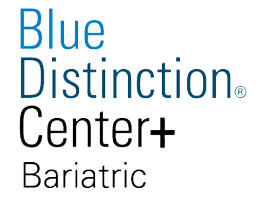

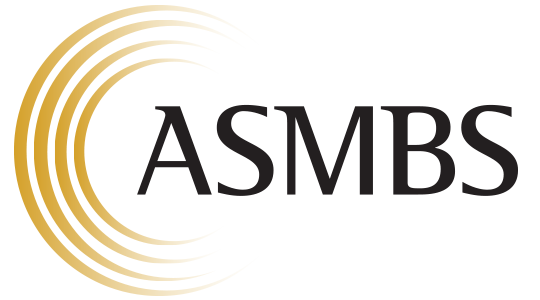
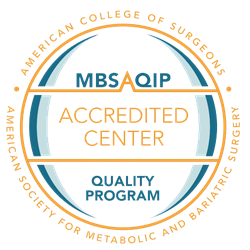
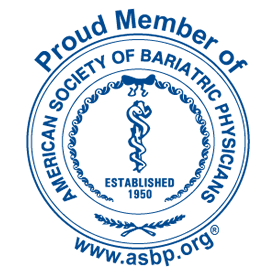
 Address: 1521 East 3900 South STE 100
Address: 1521 East 3900 South STE 100 Office: +
Office: +  Fax number (801) 268-3997
Fax number (801) 268-3997 Email: info@rmapinc.com
Email: info@rmapinc.com



